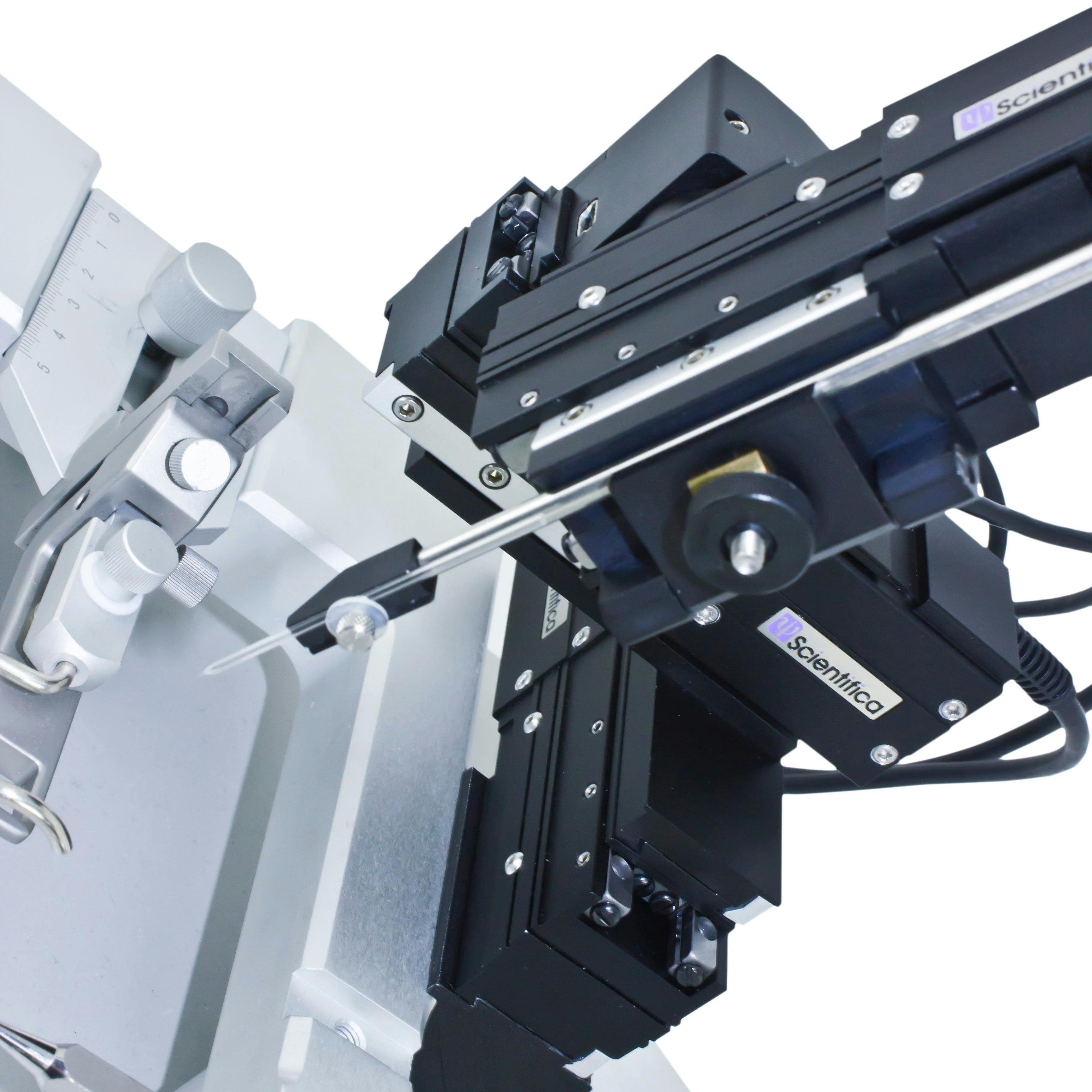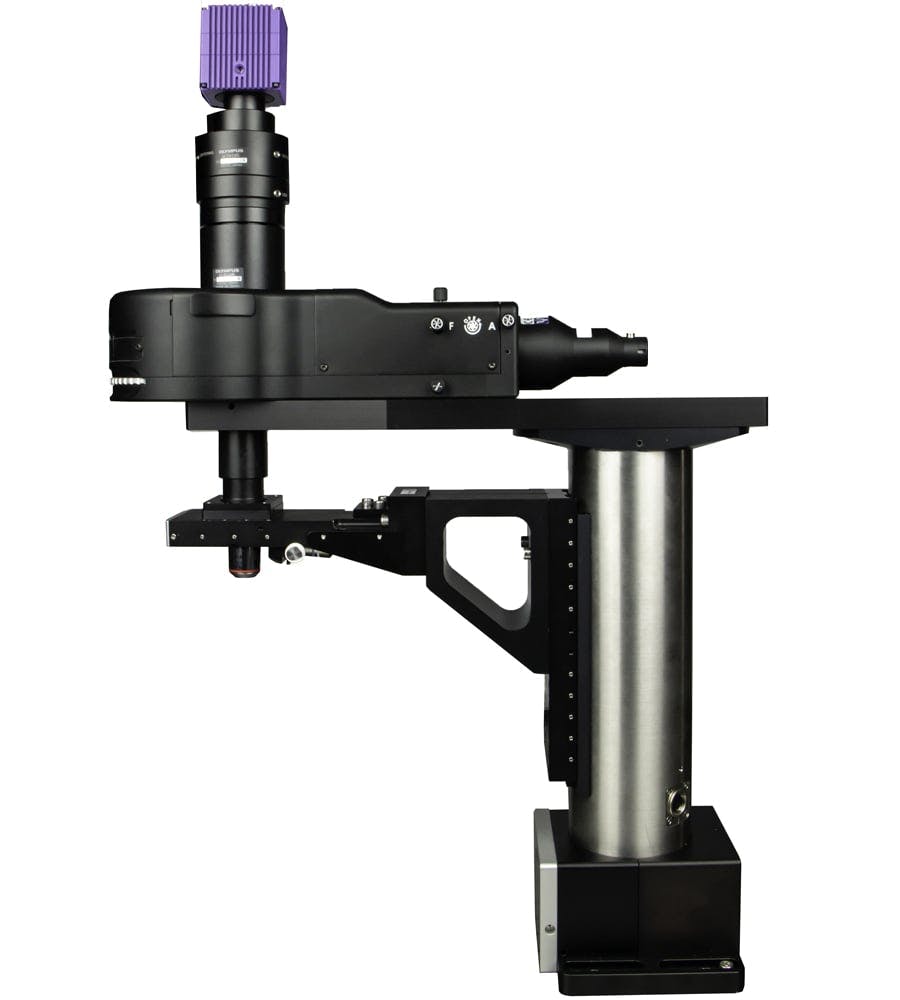

Neuroverse 4. A Podcast by Neuroverse: Tools for Looking Into the Brain: Squiggly Lines, An Insight into Learning & Memory
About the episode
Squiggly Lines, An Insight into Learning & Memory is the fourth episode of the mini-series "Tools for Looking into the Brain." In this episode, your hosts Carolina and Clara were joined by neuroscientist Dr. Sam Cooke from King’s College London. They discussed in vivo electrophysiology and its translation into human EEG studies, explore synaptic plasticity theory, and delved into the history and ongoing research in Dr. Cooke's lab.
What is in vivo electrophysiology?
In vivo electrophysiology is a technique used to measure electrical activity in the brain of a living organism. This method allows researchers to record the real-time functioning of neurons and neural networks, providing insights into how the brain processes information and responds to various stimuli.
About Dr. Sam Cooke
Dr. Sam Cooke’s research interests have always been in learning, memory and the brain plasticity that subserves these processes. He received a PhD from the University College London (UCL), working in the laboratory of Professor Chris Yeo to reveal the locus and time-course of plasticity occurring in the cerebellum to support motor learning. Dr. Sam Cooke then moved to work with Dr. Tim Bliss at the National Institute for Medical Research (NIMR) on the role played by synaptic plasticity in the hippocampus during episodic learning and memory. From there, he moved to the US to work with Professor Mark Bear at the Massachusetts Institute of Technology (MIT), developing new assays to interrogate neocortical processes of information storage by observing and intervening in plasticity as it occurs in the learning animal. Dr. Cooke now heads up a laboratory at King’s College London (KCL), where he continues to pursue the biological basis of learning and memory in the normal and disordered brain. His laboratory has developed a particular focus on plasticity in sensory systems that gives rise to its functional organization and cognitive processes such as habituation and novelty detection.

Dr. Sam Cooke, KCL
Perform in vivo electrophysiology with the highest precision
The Podcast series
In collaboration with Neuroverse, this podcast series, "Tools for Looking into the Brain," is dedicated to creating engaging and informative content exploring various techniques used by researchers in neuroscience. With a focus on electrophysiology, multiphoton imaging, and optogenetics. Throughout this series, we'll have special guest appearances, offering valuable insights and perspectives from experts in the field.
The hosts
Carolina and Clara are both neuroscientists and curious about the world and our perception of it. Their love for exploring ideas and bridging connections across various disciplines drew them to the interdisciplinary field of neuroscience. Together, they established Neuroverse as a platform for exploring and sharing ideas within and beyond neuroscience. Their goal is to create content that is accessible and engaging for both scientists and non-scientists alike.

Neuroverse hosts, Carolina and Clara







)